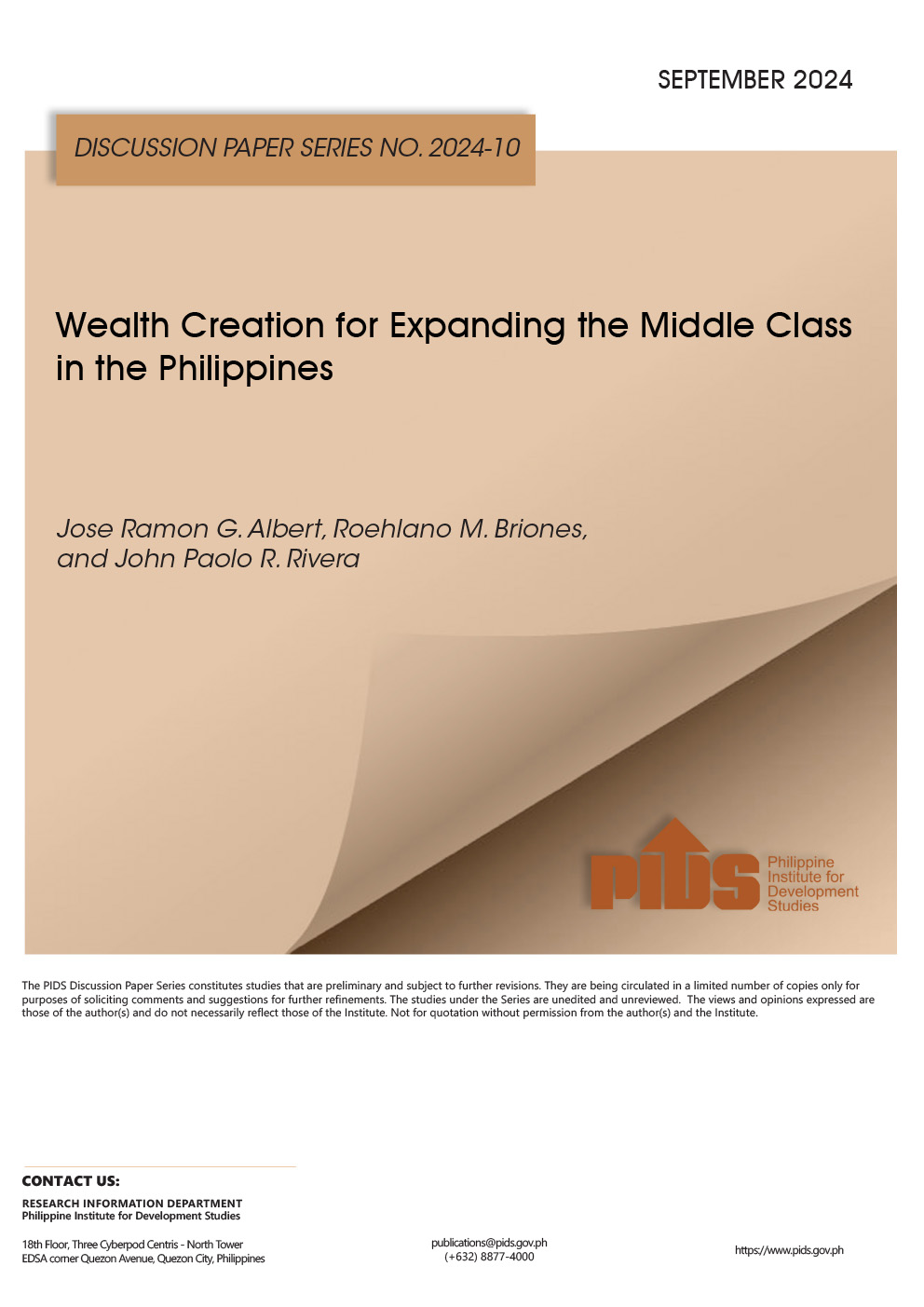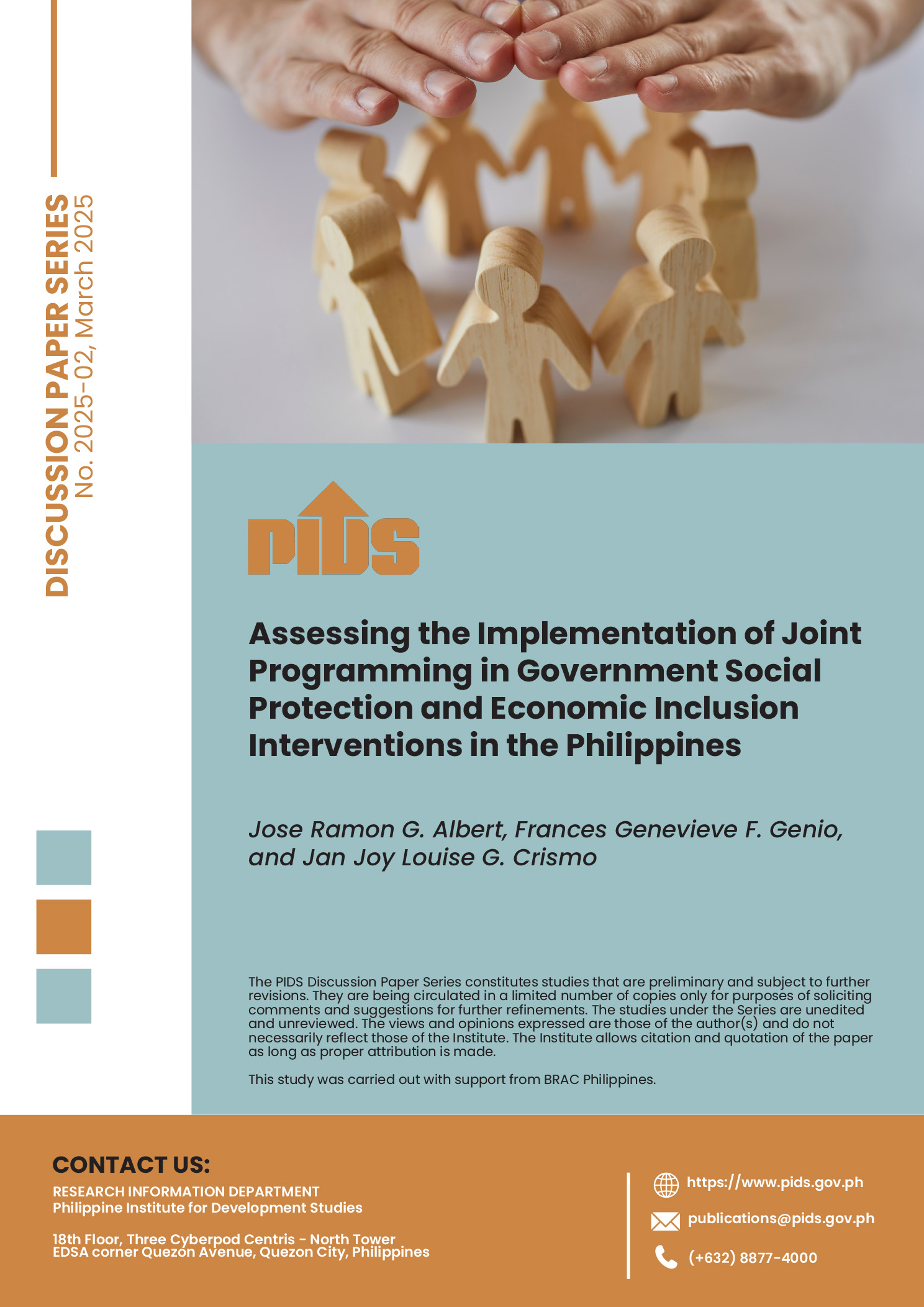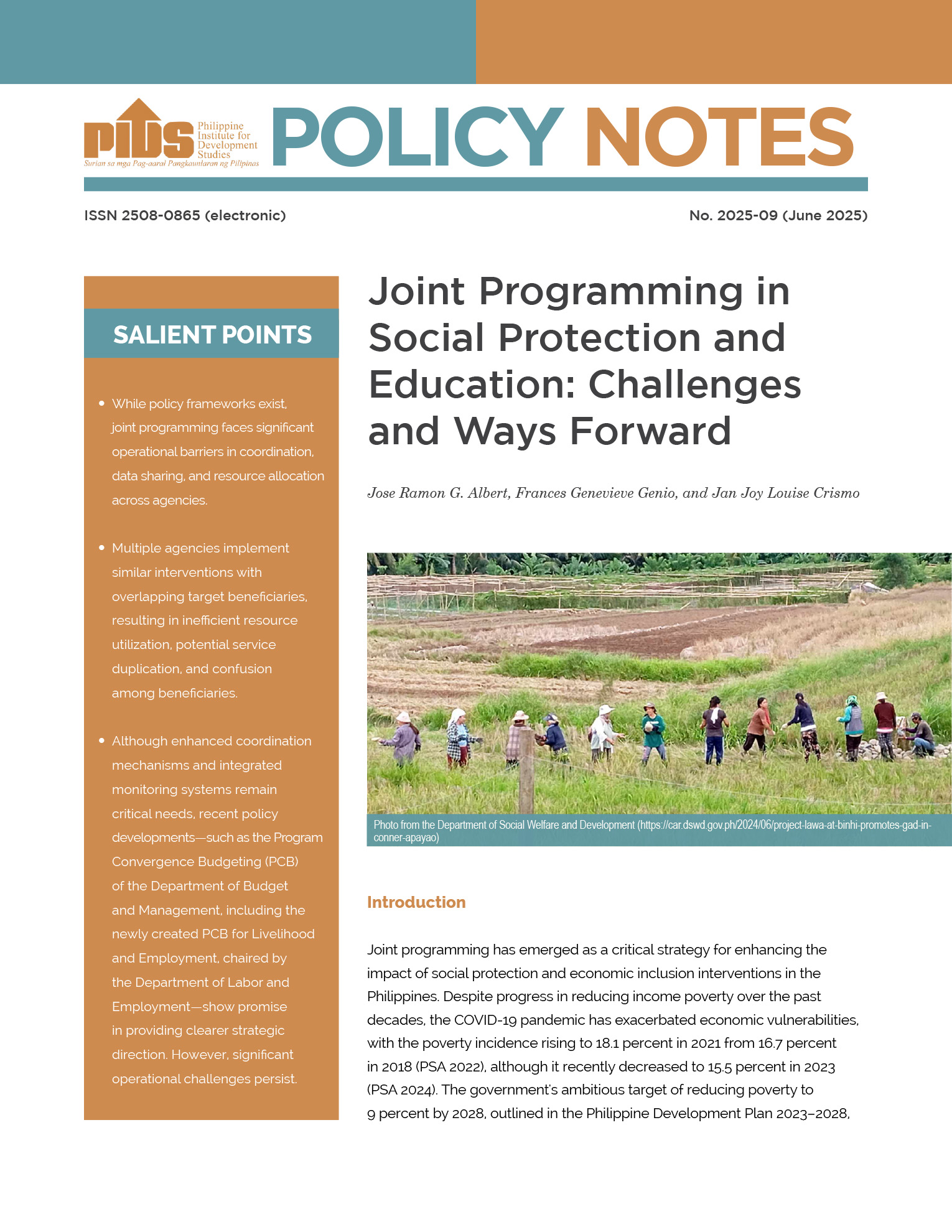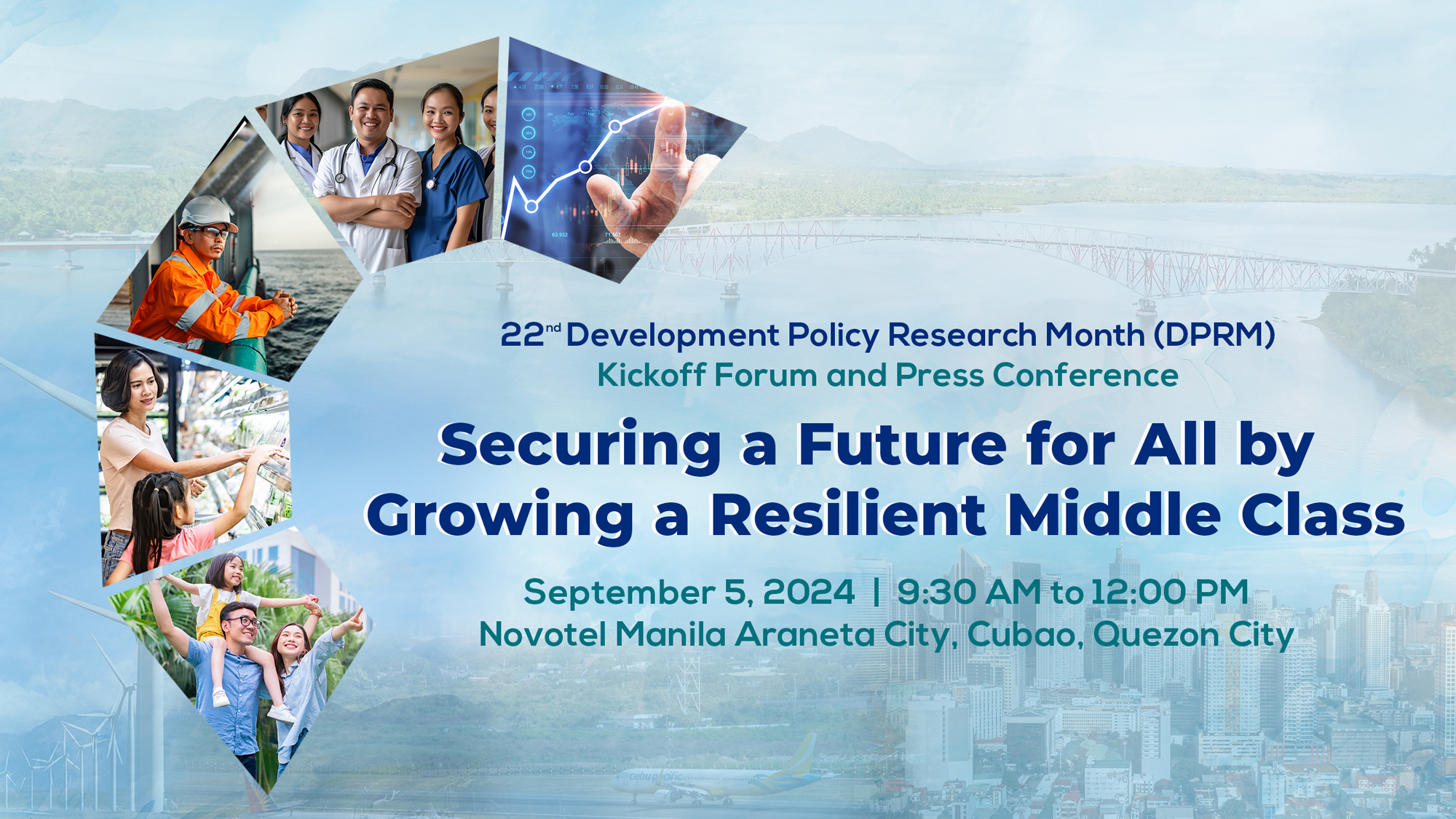The Philippines is aiming to become a predominantly middle-class society, free of poverty, by 2040. However, this goal faces challenges due to global headwinds that could impact the country's development. Developing the middle class is more closely tied to creating new wealth, rather than focusing solely on poverty reduction or redistribution. This background paper for the 2024 Philippine Institute for Development Studies Annual Public Policy Conference provides an updated profile of the Philippine middle class. By using an income-based definition that identifies the middle class as households with per capita incomes between 2 to 12 times the official poverty line, the paper reveals that the middle class grew from 28.5 percent of the population in 1991 to 39.8 percent in 2021. However, this growth has not been steady, as the COVID-19 pandemic has reversed some of the progress made in recent years. Drawing on data from the 2021 Family Income and Expenditure Survey and the July 2021 round of the Labor Force Survey, this paper describes the key socio-economic characteristics of the middle class. The middle class is primarily urban, more educated, and more involved in formal employment compared to lower-income groups. However, there are significant regional differences in the size and profile of the middle class.
To harness the potential of the middle class as a driver of inclusive growth, this APPC background paper proposes a multipronged strategy that includes (1) promoting social justice in natural resource management and climate change transition, (2) capitalizing on new opportunities in trade and investments for MSMEs, (3) ensuring a future-ready workforce and social protection, and (4) improving digital governance and public service delivery.
This paper argues that achieving the vision of a predominantly middle-class society will require bold and coordinated action in these priority areas. It will also necessitate effective leadership, coordination, and collaboration among the government, the private sector, civil society, and development partners. By implementing a comprehensive agenda for middle class expansion, the Philippines can build a more resilient, equitable, and prosperous future for all Filipinos.
Comments on this paper are welcome within 60 days from the date of posting. Email publications@pids.gov.ph.
Citations
This publication has been cited 1 time
- Albert, Jose Ramon. 2024. The Middle Class In The Philippines: Growing But Vulnerable – Analysis. Eurasia Review.













